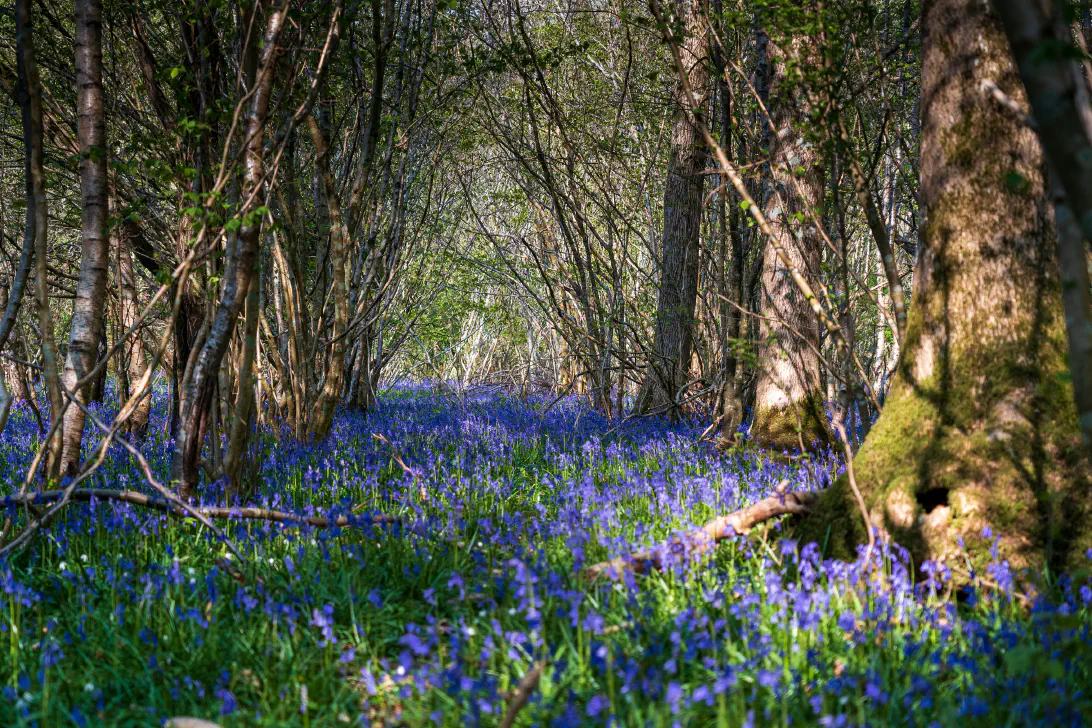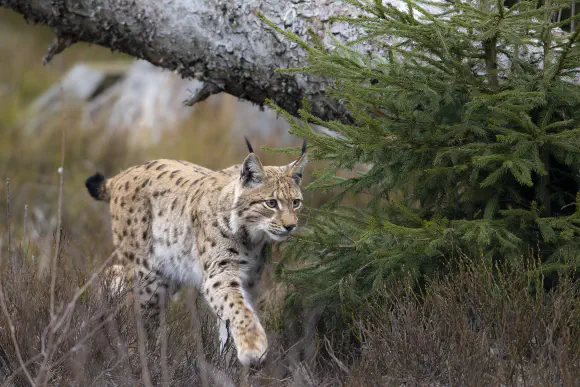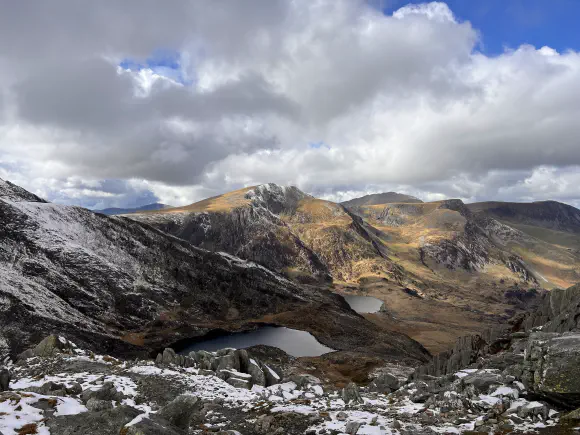BIODIVERSITY NET GAIN (BNG)
Biodiversity Net Gain (BNG), introduced by the Environment Act 2021, is an essential approach to sustainable development designed to enhance and improve the natural environment beyond its original state.
Through carefully managed and measurable actions, BNG promotes enhancements in biodiversity by mandating that all new developments restore and expand local habitats by 10%, ensuring that these areas provide greater ecological benefits than before.
This includes creating or restoring habitats and implementing long-term management plans that contribute positively to nature.
CONSERVATION COVENANTS
What are conservation covenants?
Land used for BNG must be legally secured using either a conservation covenant (with a responsible body) or a s.106 agreement (with the local planning authority). Conservation covenants are legally binding agreements between landowners and responsible bodies, designed to safeguard the environment of private land for the long term.
How do conservation covenants help protect biodiversity?
These covenants enable landowners to protect habitats, conserve rare species, and manage land in ways that support biodiversity. A conservation covenant ensures that specific conservation objectives (such as maintaining a woodland habitat, protecting a river corridor, or encouraging the reintroduction of native species) are upheld even if the land changes ownership. If used to support BNG objectives the covenant must remain in place for at least 30 years and deliver habitat enhancement and maintenance for the public good.
Why should I use one?
These covenants can be a powerful tool for landowners who want to make a lasting positive impact on nature and who see their land as a cornerstone for biodiversity restoration. When registered on the local land charges register it will be legally binding on all future landowners. Conservation covenants offer significant advantages over s.106 agreements in terms of both speed and flexibility.
| LOCAL AUTHORITY S.106 AGREEMENTS | LIFESCAPE’S CONSERVATION COVENANT |
|---|---|
| Localised conservation solutions | Consistent terms across multiple sites |
| Multiple local authorities need to collaborate if a site crosses county/district boundaries | Not constrained by planning boundaries - a solution to cross-jurisdictional issues |
| Each s.106 agreement needs to take into account policies and priorities of the local planning authority | Terms can be tailored to landowner requirements without policy constraints |
| Negotiations can be protracted creating uncertainty for project outcomes | Negotiations can be swift allowing your BNG units to enter the market quickly |
| Under resourced in-house legal teams causing delays in negotiations | Dedicated in-house conservation covenant legal team |
| Resourcing constraints can limit ecological oversight leading to delivery risk and associated reputational risks | Proper oversight supported by in-house ecologists and economists so that nature recovery is not compromised |
WHY CHOOSE LIFESCAPE?
Lifescape’s expertise in rewilding, habitat restoration, and sustainable land management uniquely positions us to collaborate with landowners, developers, and local communities to ensure that conservation covenants not only meet regulatory requirements but actively contribute to rewilding and biodiversity enhancement.
Our Conservation Covenants offer the following advantages to landowners compared with other options:
1. Unwavering Commitment to Ecosystem Restoration and Landscape Rewilding
We are dedicated to bringing landscapes back to life through impactful restoration and rewilding initiatives that prioritise ecological health and biodiversity. The fee paid to put a conservation covenant in place with us not only ensures the long term protection of the site but also supports us to deliver our charitable objectives, promoting and enacting nature restoration work rather than generating shareholder profit.
2. Comprehensive In-House Expertise
Our interdisciplinary team combines expertise in ecology, law and economics including an in-house legal team with specialist knowledge in planning law. This enables seamless support in covenant set-up and ongoing monitoring, from an an organisation which understands the commercial realities of operating under BNG.
3. Expertly Drafted Conservation Covenant Template
Developed by leading specialists, our conservation covenant template provides a practical, commercially-sound foundation that streamlines negotiation and agreement processes.
4. Gold Standard Monitoring and Enforcement
We uphold rigorous monitoring and enforcement practices, designed to deliver maximum ecological benefits and to ensure conservation success.
5. Capacity to Support Multi-Site Conservation Covenants Nationwide
Our team has the flexibility and the resources to establish and mange conservation covenants across multiple sites, offering a consistent, high-quality service to organisations with a national footprint.
As a DEFRA-approved responsible body, Lifescape is committed to securing a sustainable future for the UK’s natural landscapes through responsible, impactful partnerships. Together, we can create a lasting legacy for biodiversity.
Minimum Site Size and Geographical Coverage
Lifescape do not have any geographical restrictions for conservation covenants and we offer them across England. To make a significant contribution towards nature recovery, we have a minimum site size of 10ha. For us to consider smaller sites, they would need to be connected to existing nature protection areas (e.g. ancient woodland, SSSI, nature reserve, other areas of native habitat).
CONTACT US
Interested in learning more about how Lifescape can support your BNG and conservation covenant needs?
Email stephanie.smith@lifescapeproject.org to explore how we can work together for a rewilded, biodiverse future and to receive a copy of our conservation covenant brochure, which contains further information on our process and timelines.




